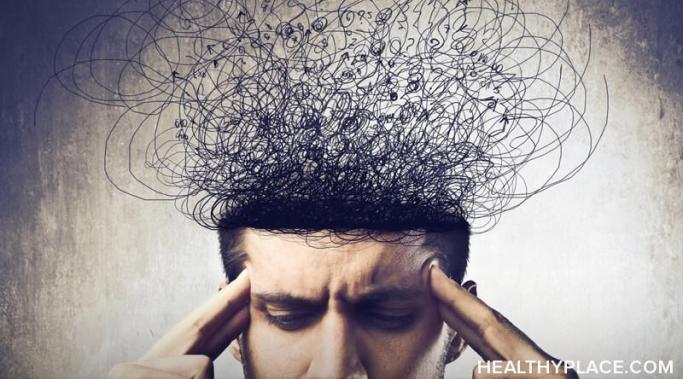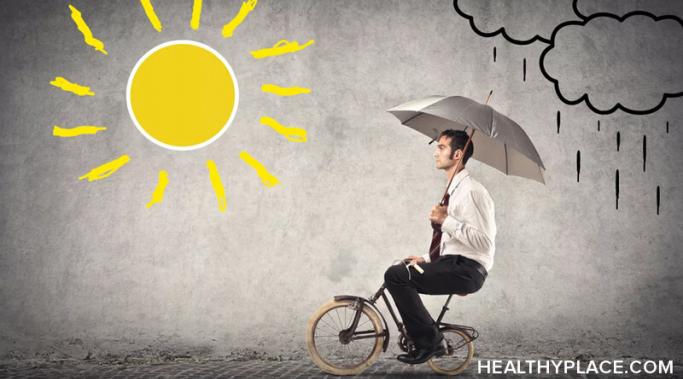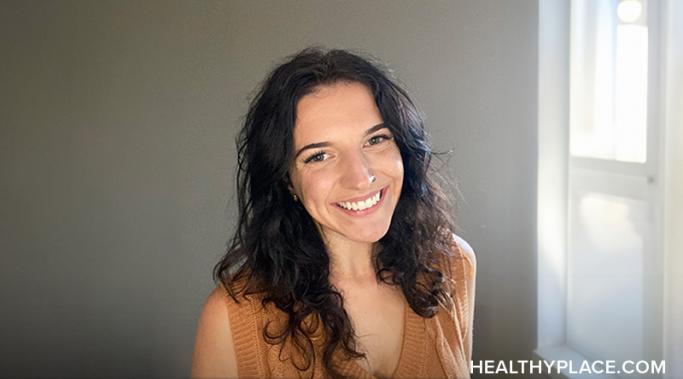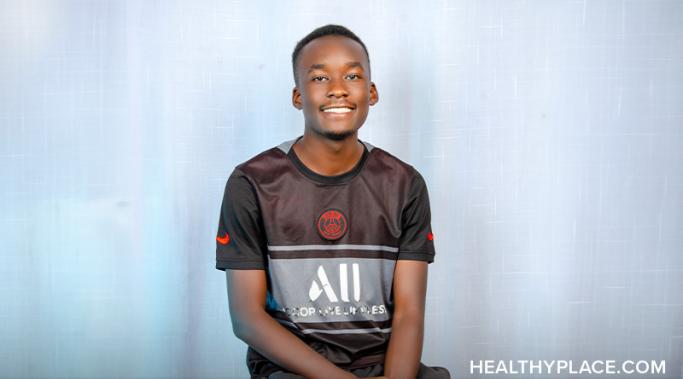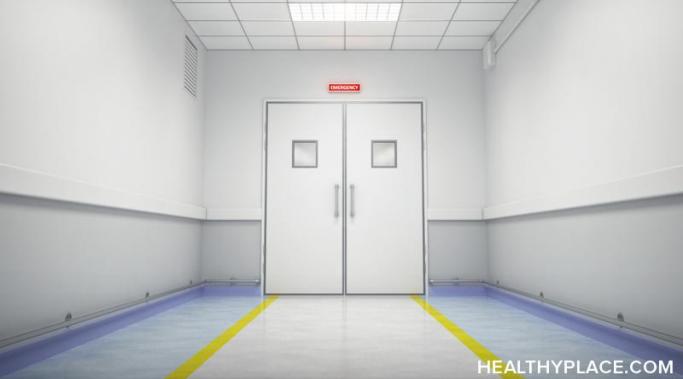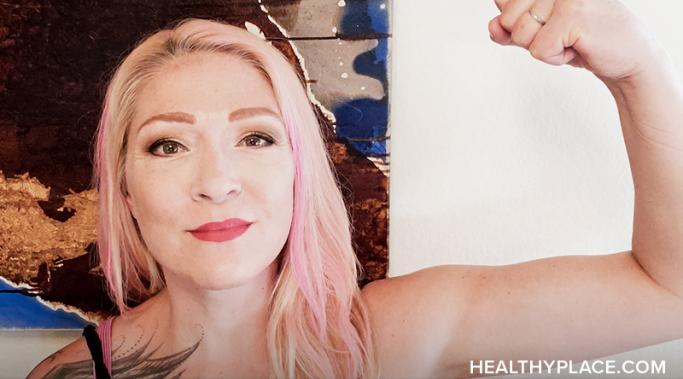As much of the world is changing, areas like the gambling landscape go unnoticed by most. But, as someone who has battled the grips of gambling addiction, I see the evolving trends in gambling and addiction patterns.
About Recovering from Mental Illness Authors
As I share the twists and turns of my descent into a gambling addiction and my mental health recovery journey, I am reminded of the mental turmoil I went through and how intrinsically connected mental wellbeing is to addiction.
Gambling addiction can consume every aspect of your life, everything from financial ruin to strained relationships; you remain helpless, at the mercy of a ruthless addiction. As someone who has been through the motions of gambling addiction, I understand how easy it is to go from harmless wagers to a debilitating reliance on gambling to function. As a result, I hope to shed light on the dark side of gambling in hopes that other people can pull themselves out before it’s too late and to empower people to make informed decisions to avoid falling into its treacherous grasp. Gambling addiction prevention might work.
It is one thing to struggle with a gambling addiction; it is a new challenge when dealing with a loved one’s gambling addiction. As someone who has experienced gambling addiction, knowing the depths it took me to makes me worry because I understand the devastating impact it can have on every aspect of life. I also realize how hard having a loved one with a gambling addiction is.
Having faced gambling addiction, the silent adversary that stealthily infiltrates lives and wreaks havoc on a person’s financial, mental, and emotional wellbeing, I am proud to be standing on the side of gambling addiction recovery because so many others don’t make it out. As I share my story of recovery and hope, I recognize how fortunate I am to be here and hope to help others stand on this side of gambling addiction recovery.
I'm Michaela Jarvis, and I’m excited to join the "Recovering from Mental Illness" blog to share the stories and experiences I’ve faced on my road to mental illness recovery. This road has been bumpy, often embarrassing, guilt-ridden, and isolating, but it has led me to where I am today. Along the way, I've rebuilt my life and have garnered insights and experiences that I believe can help others on similar journeys. My ultimate goal is to share these experiences, honest and raw, to make things less lonely and more bearable for anyone who might be feeling what I've felt and been where I've been.
I’m Kevin Anyango, and I’m very excited to share my gambling addiction recovery journey on the "Recovering from Mental Illness" blog to help myself, and others stay on the straight and narrow. Five years ago, I hit rock bottom; I had no money, no place to stay, no job, and every little I made went to gambling. Alone, starving, and sleeping on the streets, I took a good hard look at myself and decided it was time for a change.
Recently, I realized the importance of both fighting and surrendering to mental illness. I was hospitalized for a horrific bipolar mixed episode I suffered through for several months. I hadn't been this sick with mental illness since my four-year-long battle with postpartum depression and have never experienced anything like it. Now that I'm out of the hospital and slowly stabilizing, I'm becoming startlingly aware of a paradox in getting through mental illness -- healing isn't possible without both fighting and surrendering.
November 28, 2014, I made the hardest decision of my life. I left my husband and son so I could get well. I'd been sick for almost four years with what started as prenatal depression and ended as the deepest, darkest postpartum depression I could imagine. I experienced constant daily suicidal ideation for years. When I lost my ability to eat and sleep, I reached the end of my resiliency. (Note: This post contains a trigger warning.)
I’m Court Rundell and I’m thrilled to co-author the Recovering from Mental Illness blog at HealthyPlace. From a very early age, I was painfully aware that my internal life was atypical, and I needed to keep it a secret. I had panic attacks and disassociated from my body regularly by seven; I attempted suicide at 11 and started abusing drugs and alcohol by 12.

